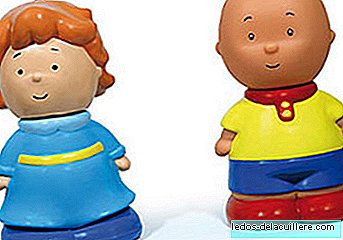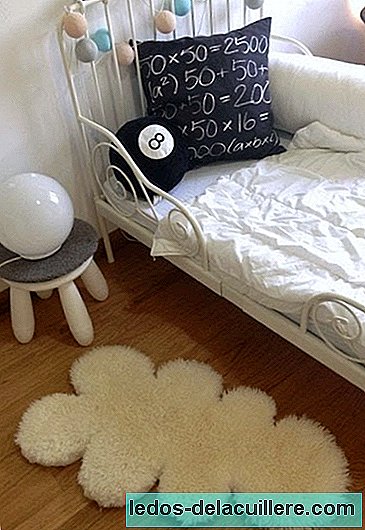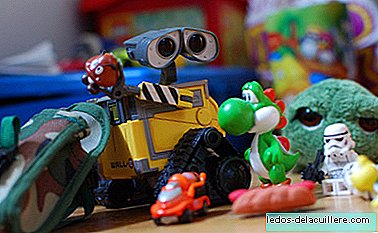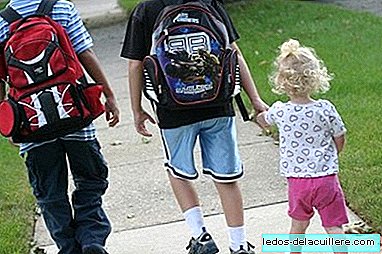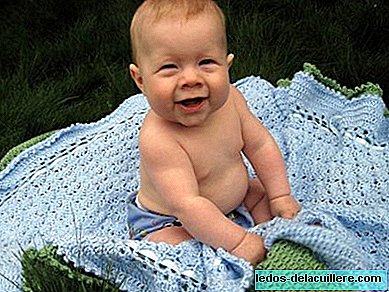
The baby's mind is immense, and although we are still largely unaware of the abilities with which they are born, little by little we learn a little more about them. A study shows that babies as young as nine months organize information about numbers, space and time in a more complex way than previously assumed.
That is, even before learning to speak, babies organize the information they receive about numbers, space and time. The little ones are able to process information about quantity (larger, more durable, more objects), to organize their experiences of the world from the first months of life.
This is what researchers from Emory University in the United States have shown in a study published in the journal "Psychological Science", made with nine-month-old babies who were presented with images of objects subjected to various patterns.
The time that the babies observed these images allowed to determine that the children quickly organized magnitudes, spaces and numbers. Specifically, the babies paid more attention to the images whose figures produced "surprise" for not following the initial patterns they expected.
The babies expected after the initial presentations to follow a pattern of shapes, sizes and colors. In the different experiments, it was demonstrated how spatial perception interacts with other cognitive dimensions, such as numerical processing and time perception.
Surely this study is followed by others who continue to confirm the amazing degree of awareness of babies, as has been happening in recent times. Something that we hope will help us realize how important it is, too, pamper the baby's mind.


